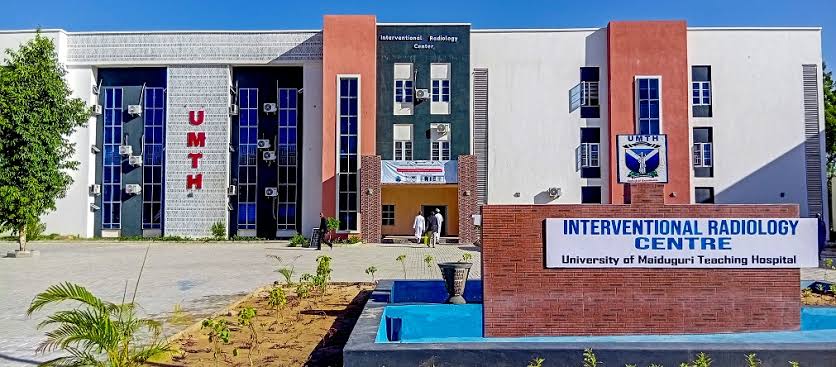In a landmark achievement for Nigeria’s healthcare sector, the University of Maiduguri Teaching Hospital (UMTH) has successfully conducted its second living-donor kidney transplant marking a significant step forward 15 years after its first operation in 2010.
Announcing the milestone at a press briefing in Maiduguri, the Chief Medical Director of UMTH, Professor Ahmed Ahidjo, said the hospital had resumed its transplant programme with renewed vigor and improved capacity.
“This marks our second successful kidney transplant,” Prof. Ahidjo stated. “The first was carried out in August 2010. Now, we are back with greater resolve and enhanced infrastructure.”
According to the CMD, the hospital currently has 20 patients on the waiting list for kidney transplants. He appealed to well-meaning individuals and organizations to support underprivileged patients who are unable to afford the procedure.
Highlighting UMTH’s commitment to affordability and access, Prof. Ahidjo noted that dialysis at the facility costs only ₦12,000 equivalent to less than $8 compared to the global average of $1,000. “Our goal is to make this one of the most affordable transplant centres in West Africa,” he added.
UMTH, a federally funded institution, offers a range of subsidized services. The hospital boasts four state-of-the-art theatres dedicated to kidney transplants and a ward that can accommodate up to 85 patients making it one of the largest renal care centres in the country.
The CMD expressed gratitude to the Tertiary Education Trust Fund (TETFUND) for its support in equipping the hospital with modern surgical and diagnostic tools. He also acknowledged the Borno State Government, particularly Governor Babagana Zulum, for a ₦50 million donation towards research into kidney disease in the North-East.
Preliminary findings from the hospital’s research efforts have linked rising cases of kidney failure in the region to chronic conditions such as diabetes, hypertension, and prolonged dehydration especially in rural communities.
As UMTH re-establishes itself as a leading centre for organ transplant in Nigeria, its recent success signals hope for thousands of patients battling end-stage renal disease in the region and beyond.




